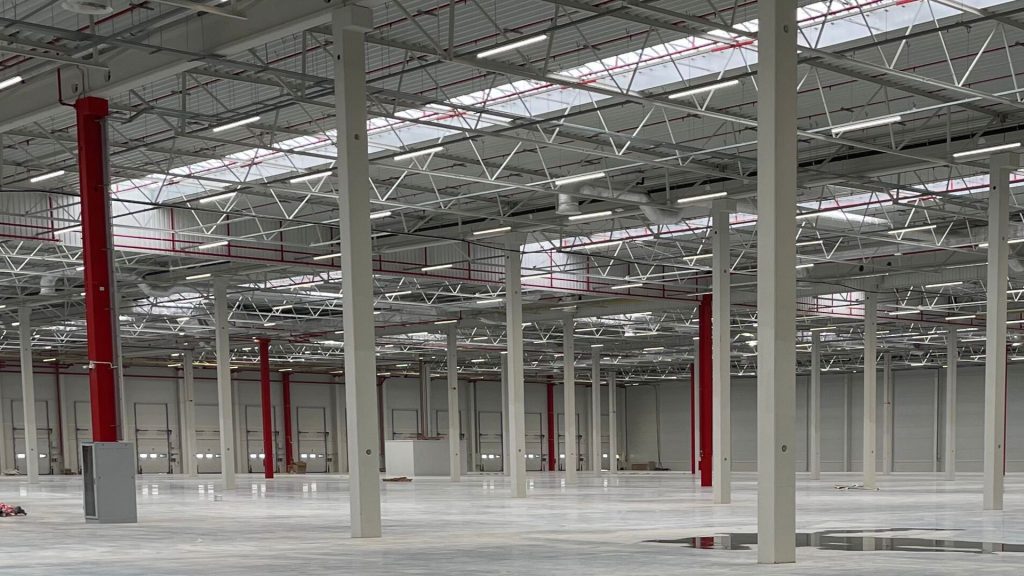
Setting up an industrial enameling plant involves several important steps.
Below a comprehensive overview of the process :
- Initial Planning and Feasibility Study:
- Conduct a feasibility study to assess the market demand, investment requirements, and potential return on investment.
- Develop a detailed business plan outlining the objectives, budget, and timeline for the project.
- Site Selection and Preparation:
- Choose a suitable location for the plant, considering factors such as proximity to raw materials, transportation facilities, and utilities.
- Prepare the site by ensuring proper infrastructure, including water supply, electricity, and waste management systems.
- Design and Engineering:
- Design the layout of the plant, including the placement of equipment, workstations, and storage areas.
- Select and procure the necessary equipment for the enameling process, such as pretreatment plants, enamel application systems, drying ovens and furnaces.
- Construction and Installation:
- Construct the plant building and install the equipment according to the design specifications.
- Ensure that all installations comply with safety and environmental regulations.
- Raw Material Procurement:
- Source high-quality raw materials, including steel or other substrates, enamel frit, and chemicals required for the enameling process.
- Staff Recruitment and Training:
- Hire skilled personnel for various roles, including engineers, technicians, and quality control staff.
- Provide training on the enameling process, equipment operation, and safety protocols.
- Process Start-up and Testing:
- Start-up the enameling plant and conduct trial runs to test the equipment and process, making adjustments as necessary to achieve the desired quality.
- Quality Control and Assurance:
- Implement quality control measures to ensure that the enamel coatings meet industry standards and customer specifications.
- Regularly monitor and maintain the equipment to ensure consistent production quality.
- Production and Scaling:
- Begin full-scale production once the process is optimized and quality standards are met. Continuously evaluate and improve the process to increase efficiency and reduce costs.
